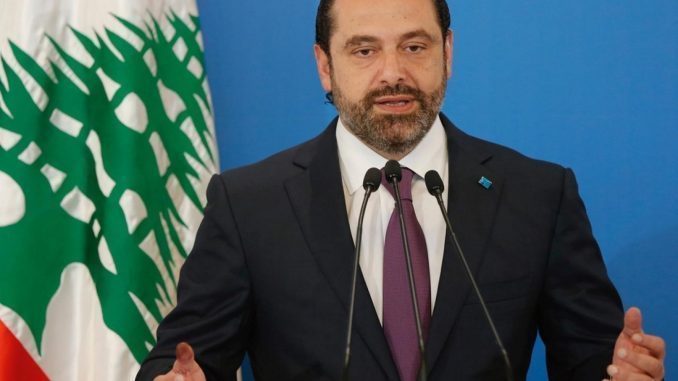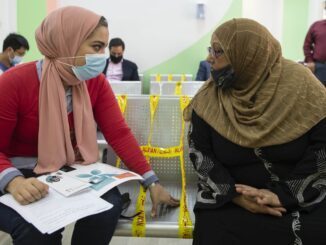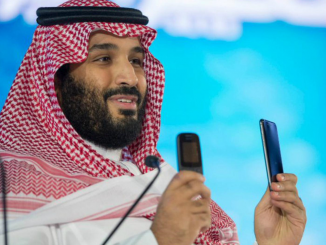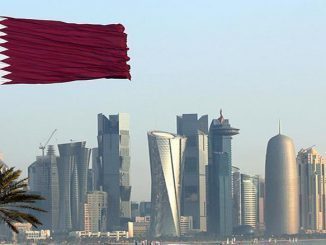
Lebanese President Michel Aoun is expected to hold binding consultations with members of parliament over next premier next Thursday
Lebanon’s Saad al-Hariri said on Tuesday that he did not want to be prime minister of a new government, calling his decision “frank and decisive”.
President Michel Aoun will hold binding consultations with members of parliament on Thursday to designate the country’s next premier, sources at the presidential palace said following Hariri’s announcement.
“I am sticking by the rule ‘not me, rather someone else’ to form a government that addresses the aspirations of the young men and women,” Hariri said in his statement.
Hariri resigned on 29 October following protests that have swept Lebanon since 17 October, fuelled by deep resentment for a ruling class seen as mired in corruption and having driven the economy into crisis.
Beirut was relatively quiet on Tuesday after clashes between supporters of Hariri and those of Hezbollah and Amal erupted into gunfire in Lebanon’s capital late on Monday.
The exchanges marked the second consecutive night of violence linked to Lebanon’s political crisis, threatening to tip largely peaceful demonstrations directed at the country’s ruling elite in a more bloody direction.
A video posted by Lebanese broadcaster LBCI showed heavy gunfire around Cola bridge in Beirut.
The source of the gunfire was not immediately clear and no injuries were reported, the Reuters news agency said.
In the southern town of Tyre, supporters of Hezbollah and Amal tore up protest tents and set them on fire, prompting security forces to intervene and fire into the air, according to Lebanese media.
Supporters of Amal and Hezbollah have occasionally sought to break up the demonstrations and clear roads cut off by protesters. They destroyed a main protest camp in central Beirut last month.
The groups were influential in the coalition government led by Hariri and had opposed his resignation.
In a statement on Monday, Hariri’s Future Movement warned its supporters to refrain from protesting and stay away from large gatherings to “avoid being dragged into any provocation intended to ignite strife”.
Groups of men on motorcycles, some waving Amal and Hezbollah flags, were seen roving streets on Monday in Beirut and Tyre, according to witnesses and videos broadcast on Lebanese media.
Adding to tensions, two people were killed when their car slammed into a traffic barrier on a coastal road, sparking criticism from Hezbollah and others towards protesters who have cut roads as a primary tactic to keep up pressure.
Political leaders have failed to select a new government nearly a month since Prime Minister Hariri’s cabinet resigned under popular pressure.
President Aoun, whose powers include initiating parliamentary consultations to appoint a new premier, said he was open to a government that would include technocrats and representatives of the popular movement – both key demands of the protesters.
But demonstrators say they reject any government that would also include representatives of established political parties.
The United States, France, the World Bank, and credit rating agencies have all urged officials to accelerate cabinet formation, warning of a deteriorating economic and political crisis.
In the latest diplomatic push, senior British Foreign Office official Richard Moore was in Lebanon on Monday to meet top officials and “underline the urgent need to form a government”, the British embassy said.
“The people of Lebanon have been clear in their demand for improved governance, and they should be heard,” Moore was quoted as saying.
Lebanon is facing its worst economic situation since the 1975-1990 civil war, amid no signs of an end to the crisis.



